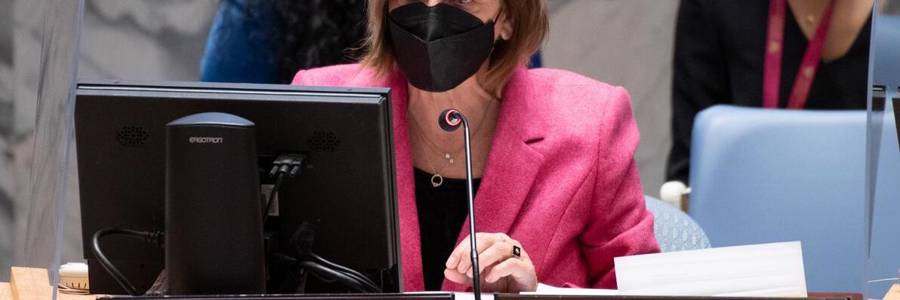Olsson’s research focuses on the gender dynamics of war, conflict resolution effects on women’s rights, and WPS in national defense. She is associated with the Centre of Excellence for the Elimination of Violence against Women at Monash University and the ERC project Peace Dividends and Post-conflict Reconstruction project at Essex University and is engaged in promoting research impact. For ex. she has served as a coach on gender integration to the Supreme Commander of the Swedish Armed Forces.
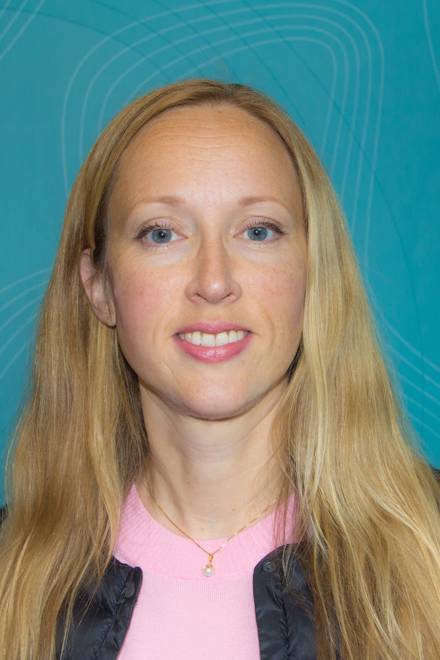



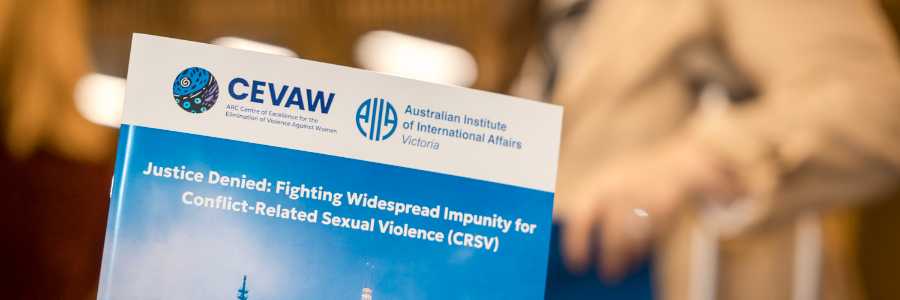
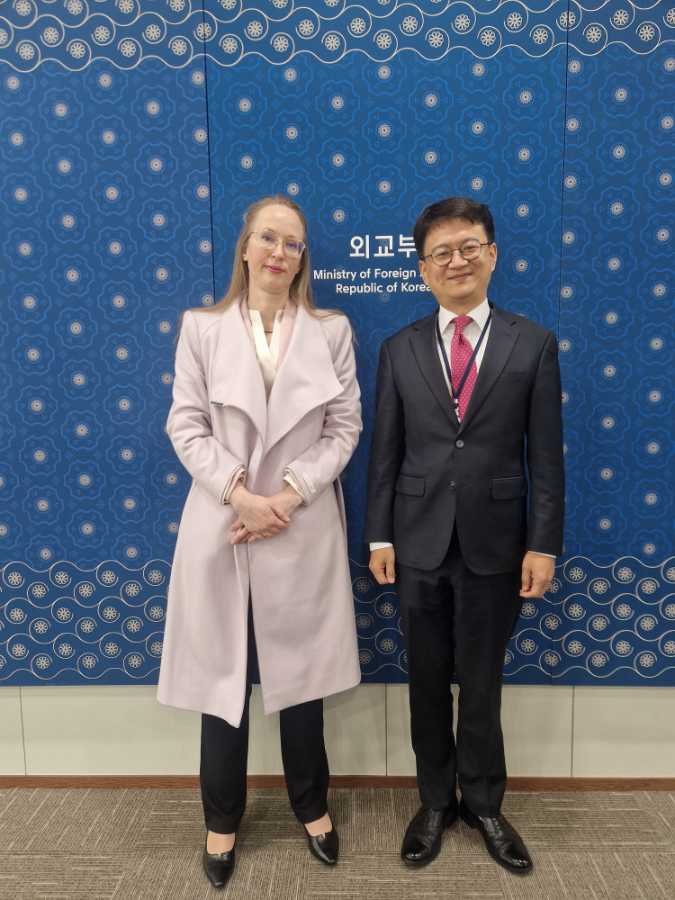

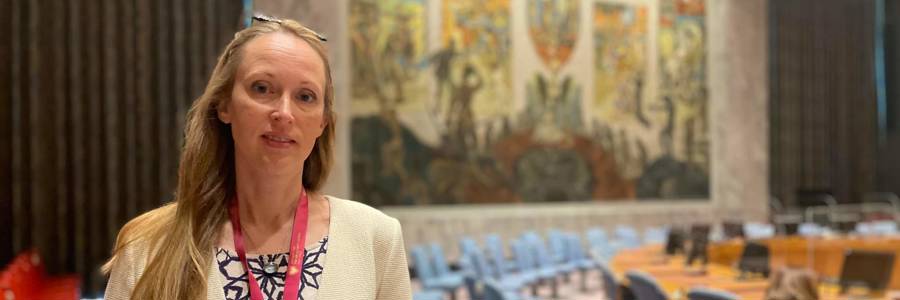
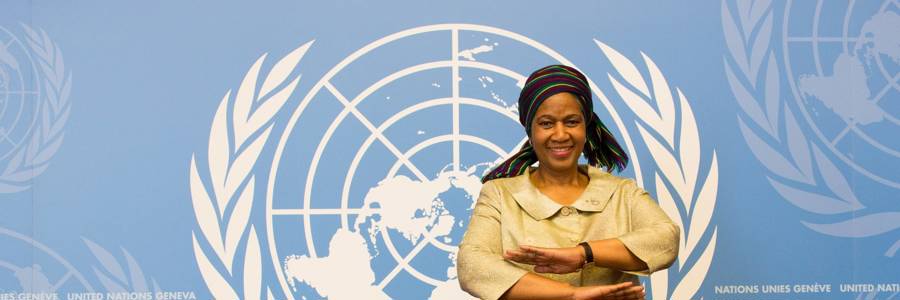


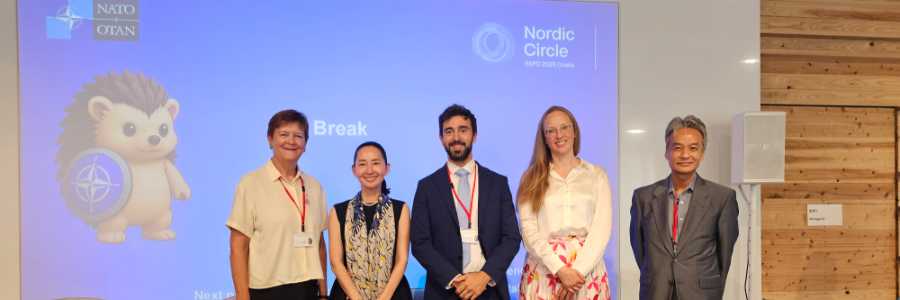

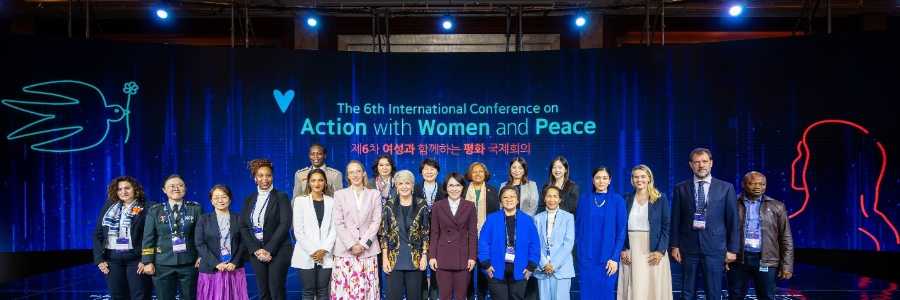
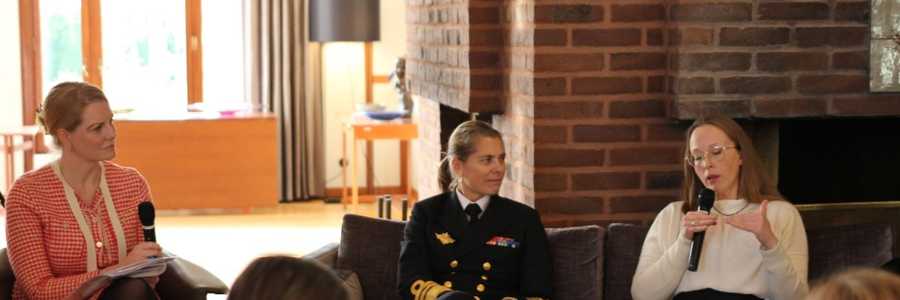
![Фото: Атлантический совет / Евразийский центр [text for the photo]. Atlantic Council / Eurasia Center](https://cdn.cloud.prio.org/images/2fdc5ace6a3c4e88bc368dba966c2858.jpg?x=900&y=300&m=AutomaticCover&hp=Center&vp=Leading&ho=0&vo=20&)
